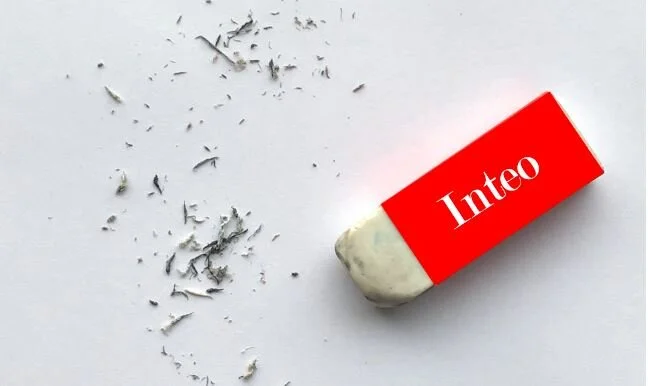To err is human: Brussels Enterprise Court orders Belgian Patent Office to restore lapsed patent
On 16 November 2020, the Brussels Enterprise Court ordered the Belgian patent office to restore a patent that had lapsed due to a mistake. To our knowledge, it is the first Belgian court decision in relation to restitutio in integrum requests under Article XI.77 of the Belgian Code of Economic Law. To succeed in re-establishing lost rights, the patentee or applicant must establish that the mistake leading to the loss of rights occurred in spite of all due care haven been taken. The decision provides helpful guidance on the standard of review and the criterion of due care.
On the standard of review, the Court rejects the patent office’s position that restoration is a discretionary power of government and that the standard of marginal judicial review (contrôle restraint) applies. The Court performed a de novo review and decides that it is not required to refer the case back to the office after annulment of the refusal of restitutio in integrum. Instead, the Court can directly order the office to record re-establishment of rights in the register. The time saved by a direct remedy is relevant because, pending a request for re-establishment, third parties applying the invention acquire rights akin to those derived from prior use.
The circumstances leading to the lapse of the Belgian part of the European patent were that, shortly after grant, fees were paid to the European Patent Office instead of to the national patent office. The mistake was due to the use of an incorrect spreadsheet for payment instructions. The patent office denied the patentee’s request for restitutio in integrum because, in its view, the patentee had not met the standard of due care. On the criterion of due care, the judgment cites several cases decided by the Boards of Appeal of the European Patent Office. The Court refers to the requirement of having a satisfactory monitoring system, with a larger organisation needing at least one effective cross-check. The Court does not, however, accept the Belgian patent office’s position that two cross-checks are required.
In this case, the patent office decided that a series of mistakes had been made by the patentee. But the Court finds that these all relate to the single mistake of using the wrong spreadsheet. It annuls the decision of the patent office and it orders the recordal of restitutio in integrum in the patent register.
Inteo represents the patentee in the matter. The judgment is open to appeal.

